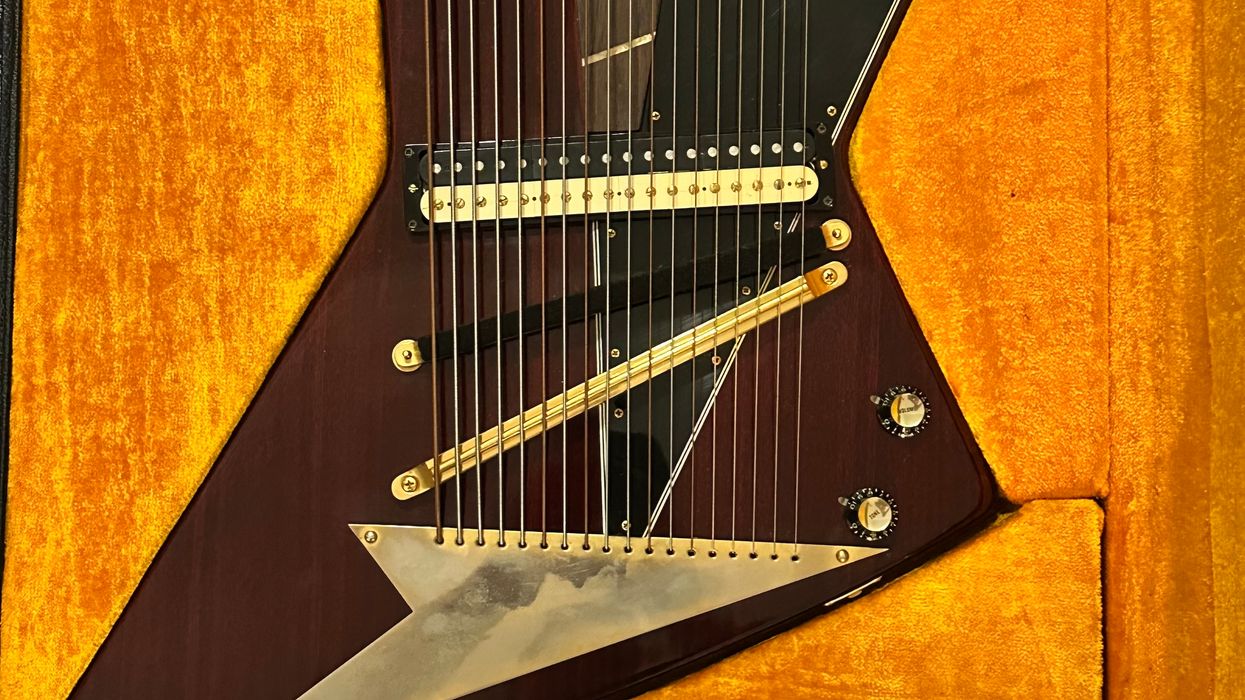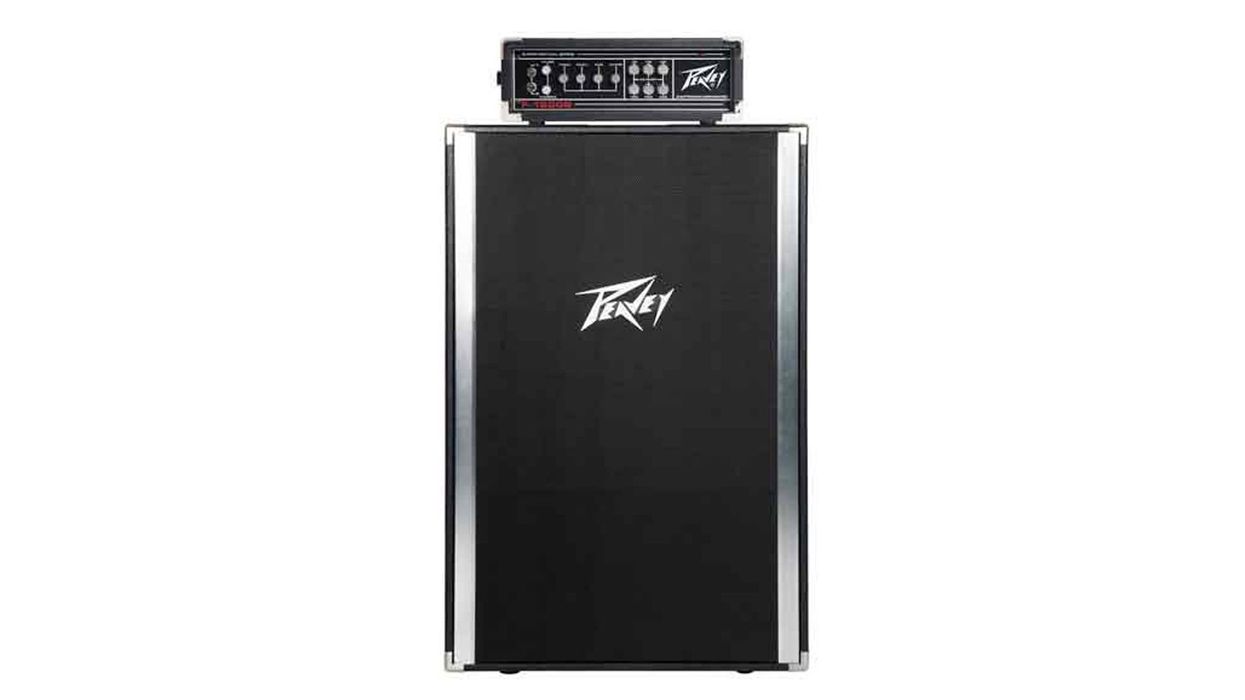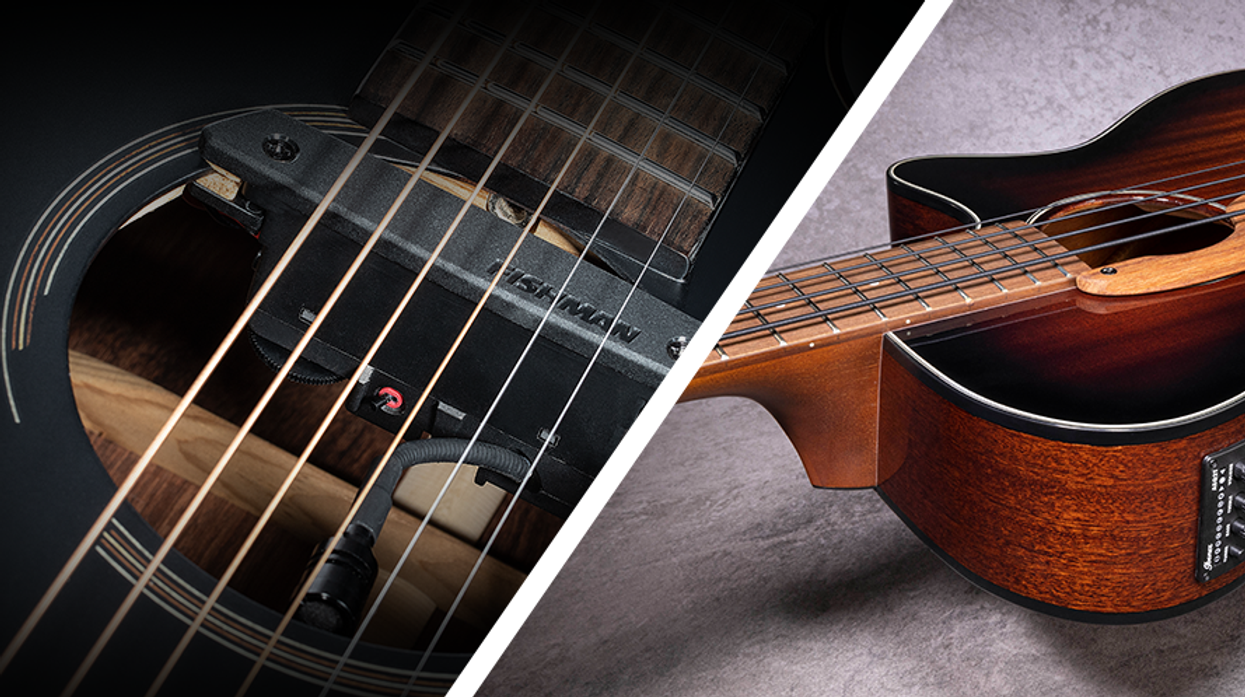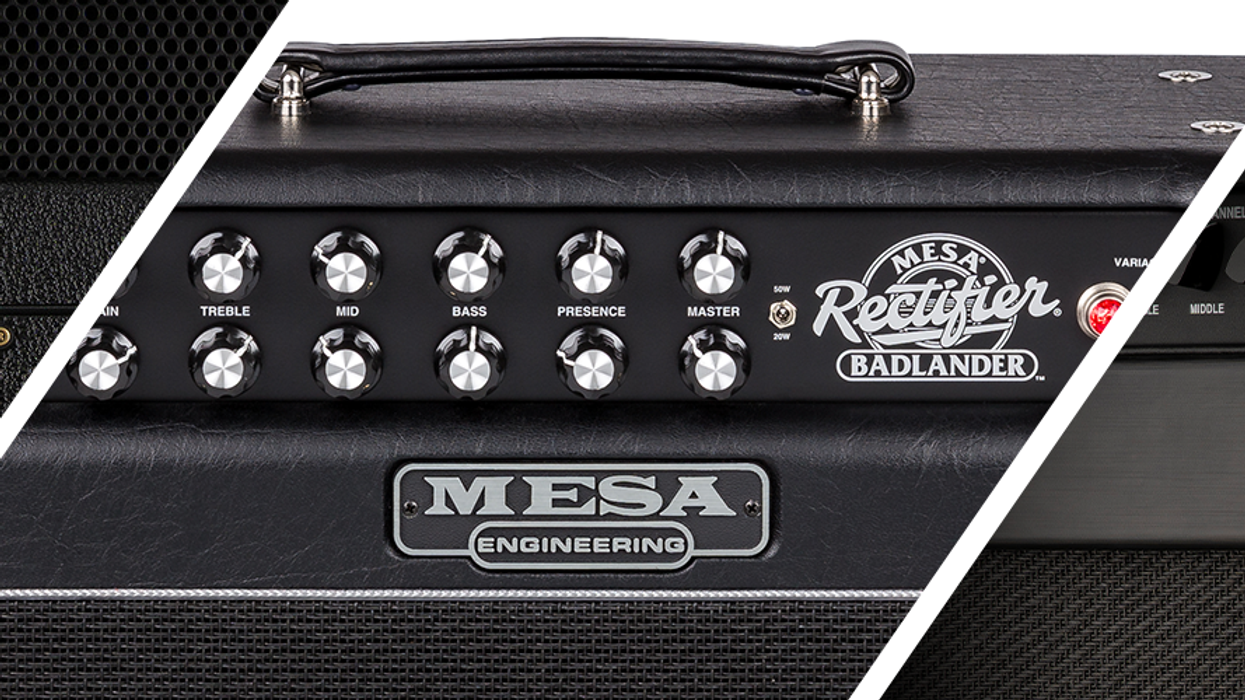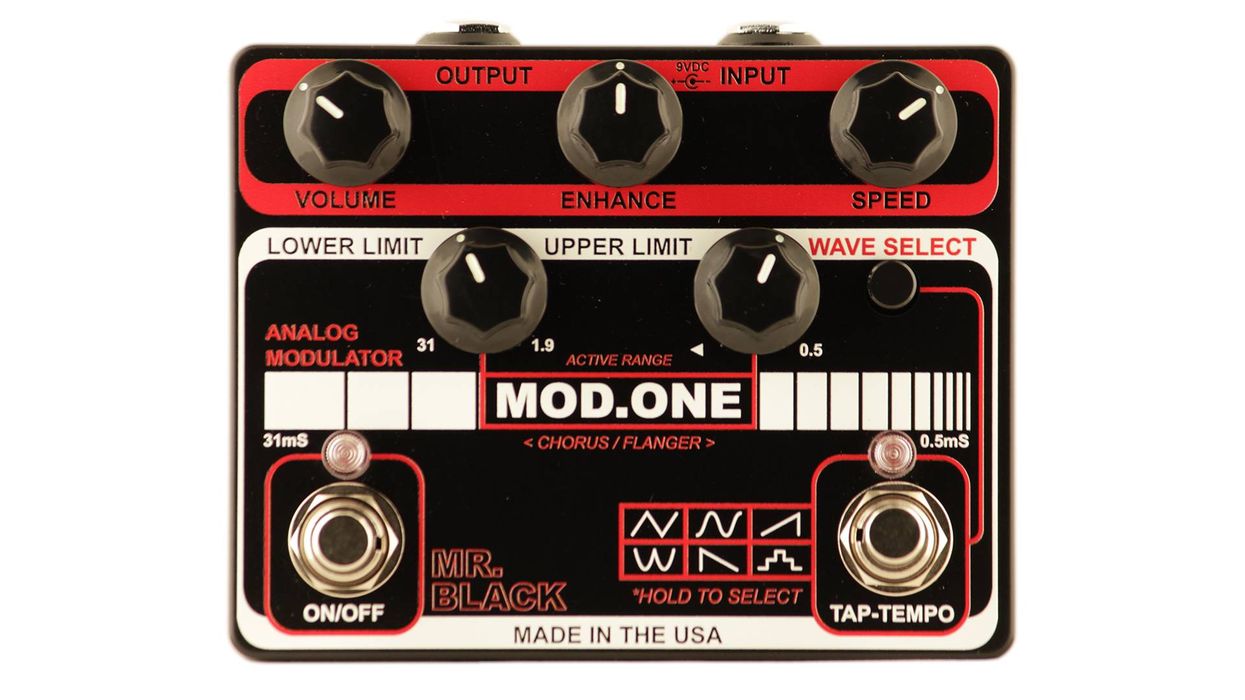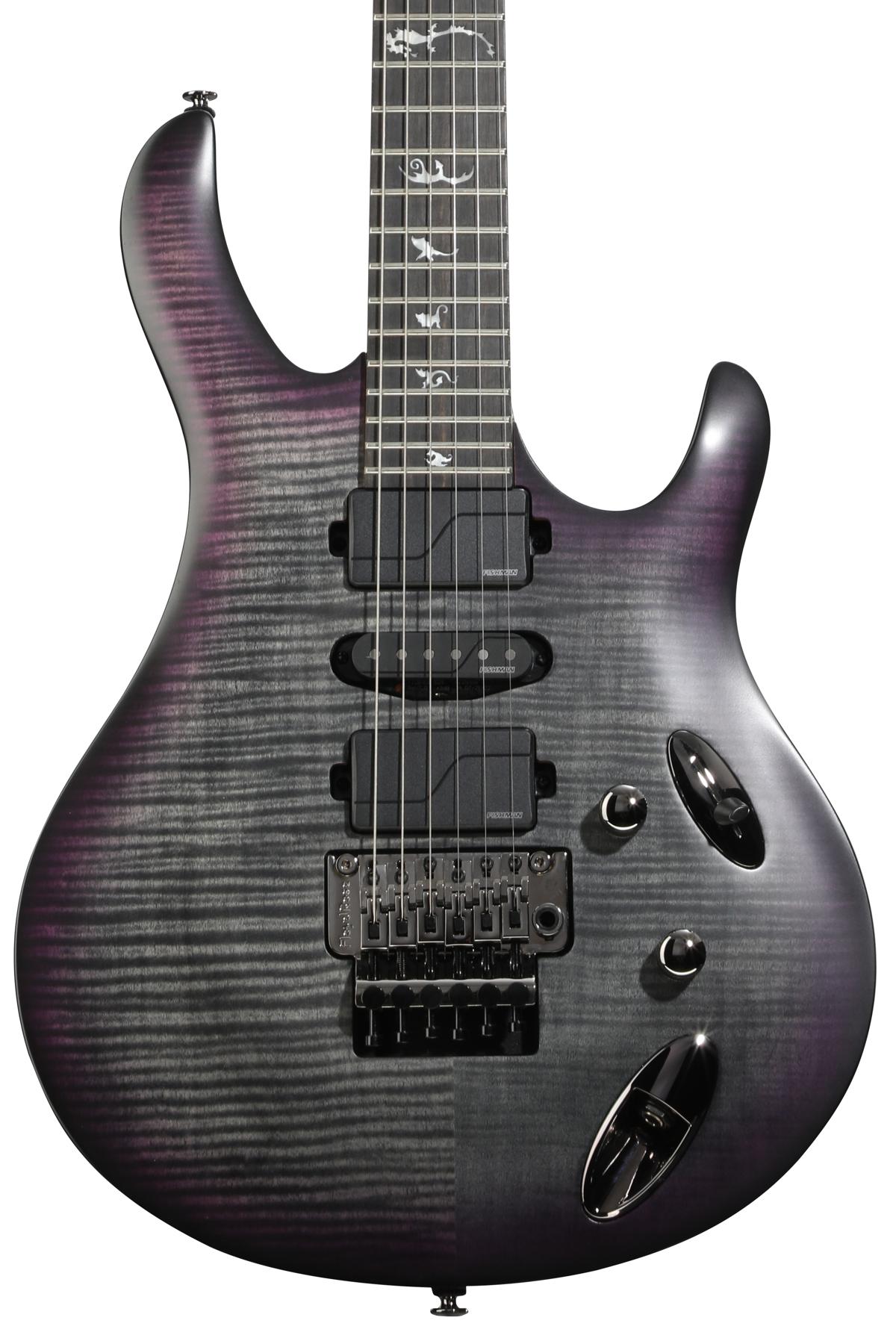Every so often, I'll get an email from someone who owns a guitar that was previously owned by a famous musician. When they ask me how much I think it's worth, I always tell them I'm not the guy to ask, but that my best guess is that it's worth more to a fan of that musician than it is as a guitar. (You don't have to be an industry insider to figure that out.) Similarly, to add star appeal, brands sometimes add artist editions to their line as the next best thing. This is a double whammy of exclusivity that brings the cult of personality into the sales equation. And it got me thinking about memorabilia and collecting. Do people actually buy guitars because they think they will be worth more someday, and why is a signed Wayne Gretzky poster worth more than my car?
Most guitarists own instruments for the explicit reason of making music. It's how they express themselves, be it for pleasure or for profit. And on occasion, it is both. How guitarists choose a guitar has been studied and written about for decades, with seemingly little in the way of concrete conclusions beyond the Strat/Tele/Les Paul paradigm. Utility, fashion, peer pressure, and even boredom can be the motivating factor behind guitar acquisitions. For the most part, I don't think resale value is generally a huge part of the equation. When it is, it's usually in terms of how little you will lose. I'd say that guitar buyers typically regard their purchase like an automobile, which drops a third of its worth on the drive home from the dealership. At best, speculating that a guitar will ever regain its original new value is wishful thinking. If you are prepared to wait 30 years in order to see if it was a wise investment, good luck to you.
There are collectors, but even they have varying motivations. Not every collector is a capitalist. Some gather one brand, one model, one time period, or even one color. Other collectors try to lay out history—the width and depth of the instrument industry, so to speak. Their purchases are gently pinned like butterflies to an expanding board at home.
Then there is the least understood of the species: the investor collector. This rarely seen bird is difficult to identify, but usually falls into one of a few categories. The first is the most obvious—a hoarder of unobtanium. These individuals covet the most expensive and highly lauded survivors of the golden age(s) of instrument building in the U.S. And the game is basically the same whether you are talking a pre-war Martin, a mid-century Fender or Gibson, or a Loar mandolin. (Pardon me for the mandolin reference.)
In larger collections, the moneyed patron/curator may include some of the lesser-known or underappreciated siblings of the royal families in order to show context. The purest of investors will build a portfolio only of the most coveted “blue-chip" and (hopefully) liquid of guitar assets—knowing that they are the thoroughbred runners in the race towards a return.
In the meantime, collections like these can bring the kind of pleasure that gazing at a stack of stock certificates cannot. Although I'm just guessing here, it seems that the larger collections tend to stray into displays of pure love for the instrument as opposed to merely building a portfolio. The canny ones, however, keep their feelings in check until the day a check is written.
What about boutique and limited-edition guitars? Certainly these must be the way to mitigate the financial downside to owning guitars, right? Limited availability is one of the pillars of the collectable-item market, and that force is what brands leverage when offering small runs. In the whiskey business, it's called “small batch." Mix a little of this, a little of that, and voilà! As if by magic, a star is born. These instruments can be numbered or named, custom painted, and bedecked and inlaid—all in a bid to entice with the promise of exclusivity. Can't you just taste it?
The limited-run instrument possesses another leg upon which desirability stands: bragging rights. Generally, consumers tend to fall into two camps. There are those who want what everyone else wants, and those who wish to appear different from the first group. Small-batch guitars scratch that different itch. Large brands love the limited editions for many reasons. It's a sinecure. When lost for a way to juice up flagging sales, limited editions are a stupid-simple way of chasing down revenue without having to come up with anything really new. I know this from attending endless marketing and product-planning meetings. (I'm just as guilty as the next guy, too.) On the positive side, short runs are exclusive, and if there is ever a chance a model will become collectible, these will probably be first in line. Oh, and there's that “different" factor too.
As per usual, I've probably asked more questions that I've answered. But one thing is for certain: There are way more sports fans than musicians, so you are probably better off with sports collectibles if you are looking for a payday. If you are dead set on buying a guitar, just follow your heart and get a great instrument. And then enjoy the pleasure it brings every day.


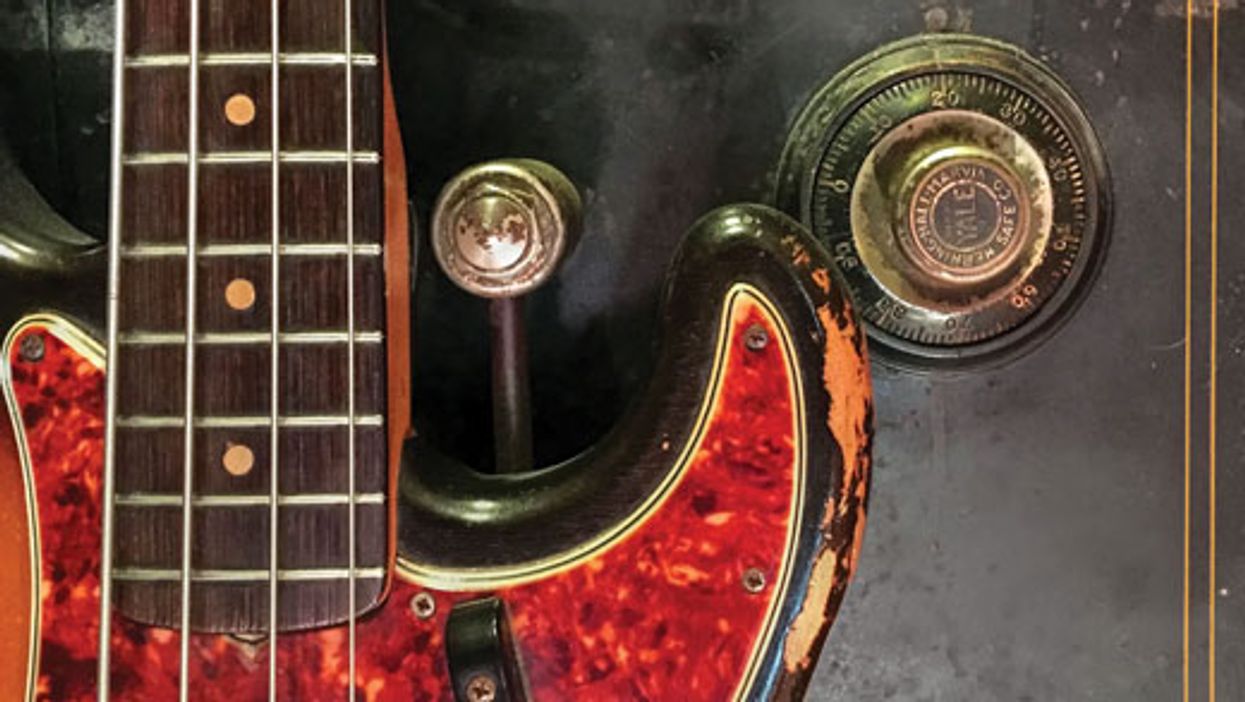





![Rig Rundown: Russian Circles’ Mike Sullivan [2025]](https://www.premierguitar.com/media-library/youtube.jpg?id=62303631&width=1245&height=700&quality=70&coordinates=0%2C0%2C0%2C0)







